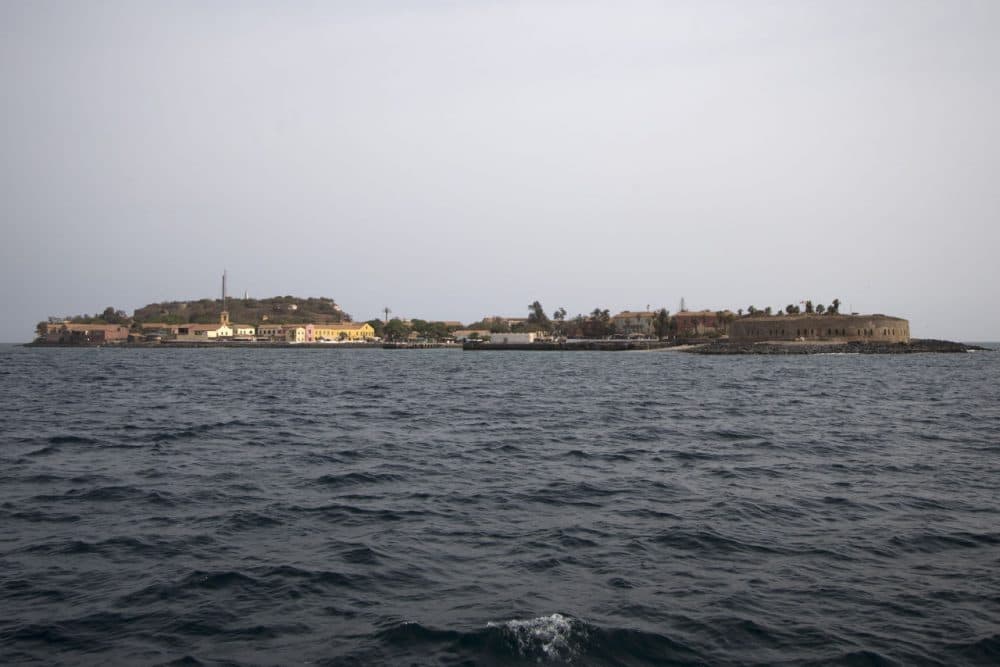Advertisement
A Historical Adviser For The New 'Roots' Miniseries On Kunta Kinte's Africa, And Boston's West African Ties
Resume
The original Roots, the story of author Alex Haley's family history, aired in January 1977. It's the story of a man named Kunta Kinte, sold into slavery from his village in West Africa and brought to America. The original series captivated television audiences with its gut-wrenching and unprecedented depiction of the horrors of slavery and the slave-trade. The 2016 update of Roots premiered on Memorial Day and finishes tonight. It aims to bring the story of Kunta Kinte's family to new audiences and delves more fully into his origins in the Gambia.
Guest
John Thornton, Director of the African American Studies Program at Boston University and a historical adviser for Roots. He tweets @mvemba91.
More
- "When I took on the job of serving as historical advisor to the new Roots, I asked only this question: Could a person named Kunta Kinte have lived in Juffure, a town on the Gambia River, and been enslaved and carried to Annapolis, Md., on the Lord Ligonier in 1767? It didn’t take much research to answer each of those questions with a resounding yes. So with that in mind, I set out to describe what Kunta Kinte’s world was like."
The Daily Beast: 'Roots' Returns For The Black Lives Matter Generation
- "'Even though we know the history, the next generation doesn’t,' he continues. 'We are the grios, which is the traditional African storyteller of history. We are the griots of our generation as TV producers. We have an obligation to tell the stories over and over again. We can educate a whole nation because they’re interested in coming to watch this show. They enjoy it first, and then they get the seeds of an education of the history of this country as part of this project.'"
This segment aired on June 2, 2016.